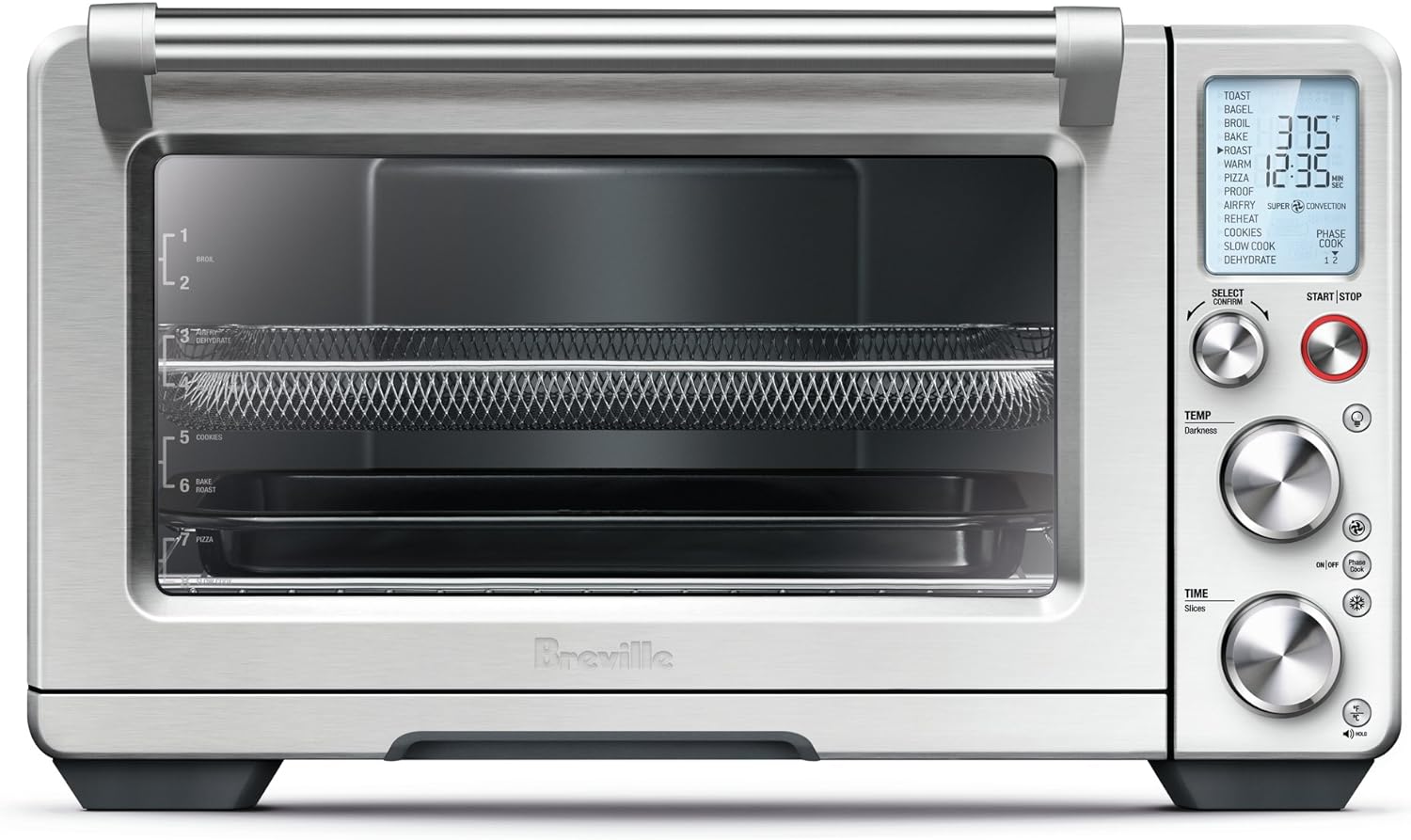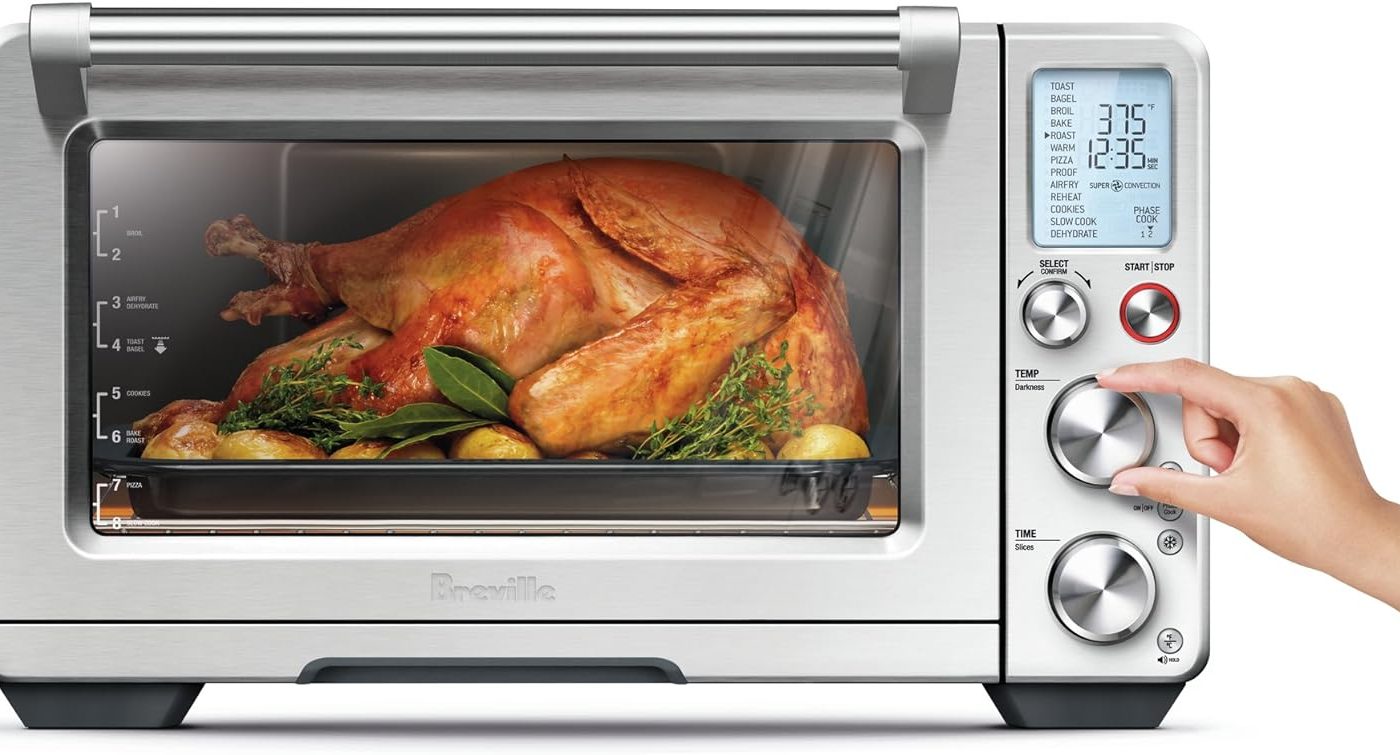Introduction:
Microwaves are a popular kitchen appliance that offer convenience in heating, cooking, and defrosting food. When it comes to choosing a microwave, there are various types available to suit different needs and preferences. In this article, we will explore the different types of microwaves, including countertop microwaves, over-the-range microwaves, built-in microwaves, and combination microwaves. Understanding the features and advantages of each type will help you make an informed decision when selecting the right microwave for your kitchen.

What are the types of microwaves?
Countertop Microwaves:
Countertop microwaves are the most common and widely used type of microwave. They are designed to sit on a kitchen countertop or any stable surface. Countertop microwaves offer portability, versatility, and affordability. They come in various sizes and power levels, offering features such as preset cooking programs, defrosting options, and multiple power levels. Countertop microwaves are easy to install; simply plug them into a power outlet, and they are ready to use.
Over-the-Range Microwaves:
Over-the-range microwaves, also known as OTR microwaves, are designed to be mounted above a range or cooktop. These microwaves combine the functions of a microwave oven and a ventilation hood. Over-the-range microwaves save space in the kitchen by integrating the microwave and ventilation functions. They feature built-in exhaust fans and filters to remove smoke, odors, and steam generated during cooking. Many over-the-range microwaves also come with integrated lighting to illuminate the cooktop below.
Built-in Microwaves:
Built-in microwaves are designed to be integrated into cabinetry or walls, providing a seamless and custom look in the kitchen. They offer streamlined aesthetics and space optimization. Built-in microwaves blend in with your kitchen cabinetry, offering a cohesive and integrated appearance. These microwaves can be installed at varying heights, depending on personal preference and accessibility needs. Built-in microwaves often come with advanced features such as convection cooking, multi-stage cooking, and touchpad controls.
Combination Microwaves:
Combination microwaves, also known as microwave ovens with grill or convection, combine the functions of a microwave with additional cooking methods. These microwaves offer versatility and a wider range of cooking options. Combination microwaves include a grilling element, allowing you to grill, brown, or crisp food. They also feature a convection oven mode, which uses a fan to circulate hot air for baking or roasting. Combination microwaves often have multiple cooking modes, such as defrosting, microwave-only, grill-only, or convection-only settings.
Microwave Drawers:
Microwave drawers are a relatively newer option in the market, offering a unique and convenient design. These microwaves are installed into lower cabinets or kitchen islands, allowing for easy access and seamless integration into the kitchen layout. Microwave drawers offer several advantages:
Ergonomic Design: Microwave drawers are positioned at a convenient height, eliminating the need to reach or bend down when placing or removing food from the microwave. This ergonomic design makes them more accessible and user-friendly, especially for individuals with mobility issues.
Space Optimization: Microwave drawers are an excellent option for kitchens with limited countertop space. By installing the microwave in a lower cabinet or kitchen island, valuable countertop space is freed up for other purposes.
Safety Features: Many microwave drawers come with safety locks and automatic shut-off options to prevent accidental operation and ensure child safety. These features provide peace of mind, particularly for households with young children.
Flexible Installation: Microwave drawers offer flexibility in terms of installation. They can be installed in various locations, including under the countertop or within kitchen islands. This versatility allows for customization based on personal preferences and kitchen layout.
Conclusion:
When choosing a microwave for your kitchen, considering the different types available can help you select the one that best suits your needs and preferences. Countertop microwaves offer portability, versatility, and affordability. Over-the-range microwaves combine microwave and ventilation functions and save space in the kitchen. Built-in microwaves provide a seamless and custom look. Combination microwaves offer enhanced cooking versatility with grilling and convection capabilities. By understanding the features and advantages of each type, you can find the perfect microwave to meet your cooking needs and complement your kitchen design.




